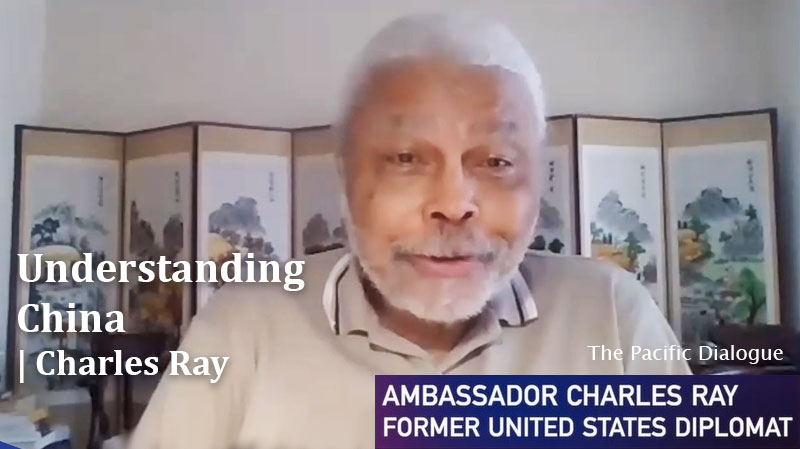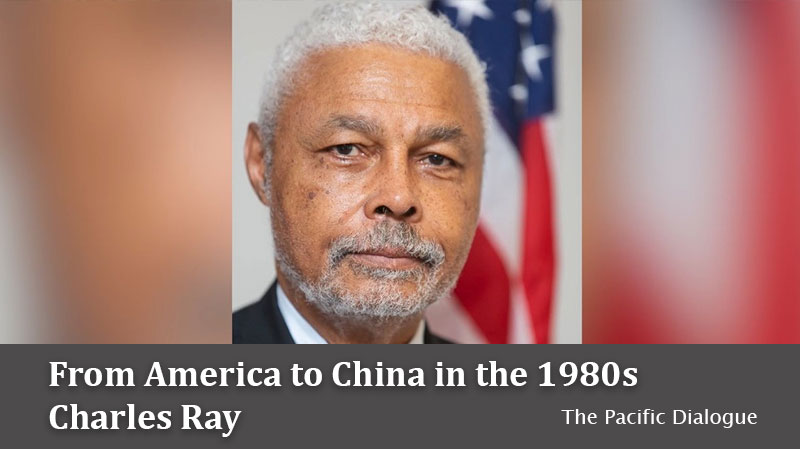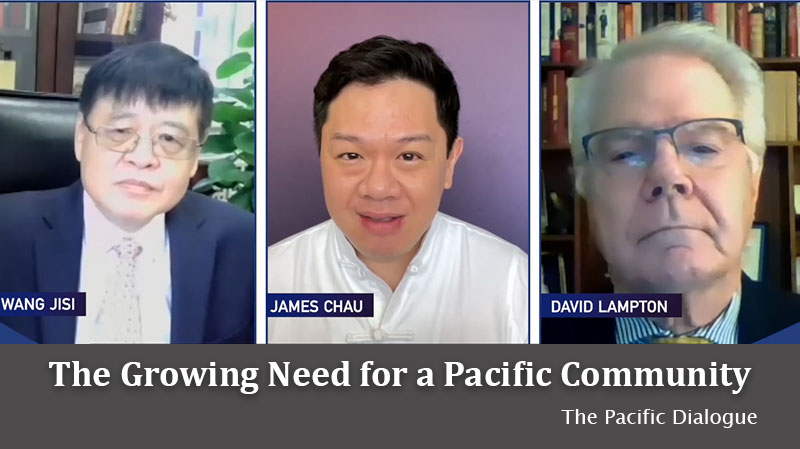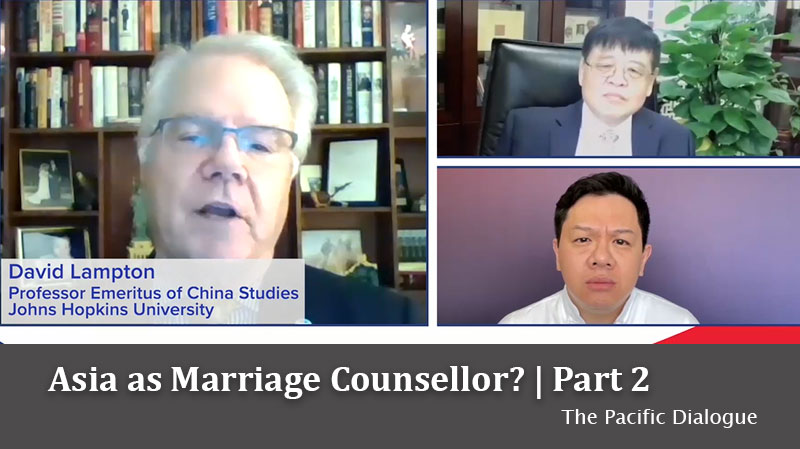Professor of School of International Studies and Executive Director of Institute for Global Cooperation and Understanding, Peking University
In my recent essay for Foreign Affairs, I propose a new engagement consensus between the United States and China to build upon what might be called the G2RS, a vision of the two powers as a G2 of responsible stakeholders.
Despite all the talk of a new Cold War, I see an alternative where the United States and China manage their differences and compete in a calibrated, constructive manner. Instead of a rivalry that splits the world, the United States and China can lead as responsible stakeholders. Here's why.
Back in 2005, Robert Zoellick, then US deputy secretary of state argued that the United States should welcome China to become a responsible stakeholder. Four years later, former US national security advisor Zbigniew Brzezinski proposed an informal G2 or Group of Two between the United States and China.
My idea for G2RS combines these concepts. A G2RS world doesn't exclude other stakeholders, nor does it lead to the creation of a wider, global condominium. Rather, it envisions the United States and China as two pillars in an evolving new global order.
The new engagement consensus would allow a return to a more traditional hedging approach that sets a boundary to competition and allows for cooperation.
We've seen aspects of this before. Barack Obama's pivot to Asia was essentially a hedging strategy in nature. But as we know, the Trump era moved much closer to neo-containment while China has been pursuing a hedging strategy that aims to minimize strategic risks and shape US policies.
A new trade relationship is called for in a new engagement consensus instead of pursuing a damaging, complete decoupling of the two economies. Washington and Beijing might be able to relink or recouple the economies on a new basis of reciprocity.
To be sure, it is far from certain that the new engagement consensus will emerge. Rather the opposite might become the reality. Yet, it is not too late for Washington and Beijing to set a new course, repair damaged trust and restabilize the US -China relationship.
Ultimately, both Americans and Chinese must ask themselves the same question... do they want to let suspicion and antagonism define the years ahead or face competition with confidence and patience?
If they choose the latter, a new engagement consensus in a G2RS world is still possible, though far from certain. The stakes are too high for both sides not to try.
I'm Wang Dong, thank you for watching and listening.







